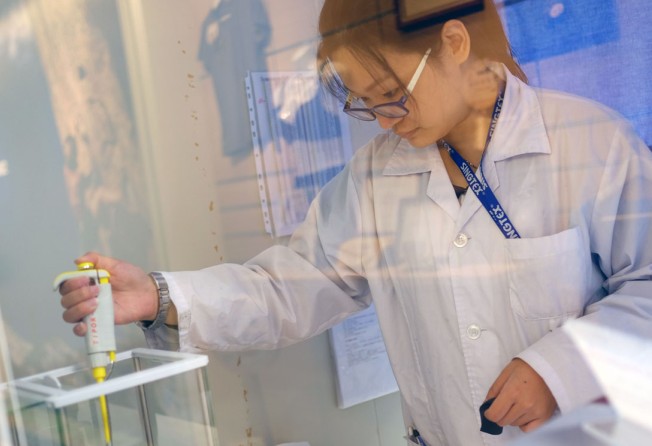If we are to get more girls interested in science, then the 'geek' talk must go
Campaigns that emphasise nerdy image in effort to improve diversity of subjects are backfiring

The word "geek" has become ubiquitous in the discussion about education and diversity in the fields of science, technology, engineering and maths - or STEM for short. CNN recently published a story headlined "Five reasons technology world needs more geek girls". The effort to get women and children more involved in STEM careers has led to the Geekbus travelling classroom and Geek Girl Dinners. The nerd image persists even in the working world: electronics chain Best Buy has the Geek Squad in which agents, including women, wear a stereotypically geeky uniform of a white shirt and tie.
There's been a concerted effort in recent years to improve diversity in the growing and lucrative STEM careers. Today, young women receive just 18 per cent of bachelor's degrees in computer sciences and 43 per cent of degrees in mathematics and statistics. If we really want to include and engage girls in these fields, the geek language has to go. In schools and in society, "geek" still carries a negative connotation that many girls and women do not associate with. Using a socially awkward loner as a symbol for STEM isn't an effective method for attracting girls to these fields. In fact, it's counterproductive. To fill these jobs, we need young women to discover how their own skills and passions apply to STEM. But we risk isolating many by suggesting that these careers are only for people who embrace their inner geek. We should be showing young women that they can love science and maths while also being fun and social people with broad interests.